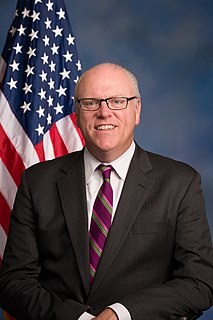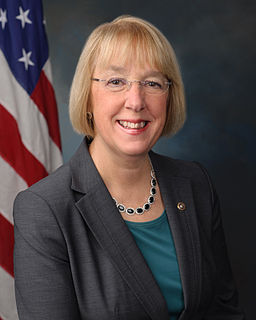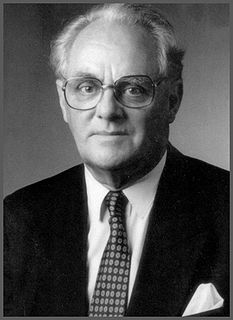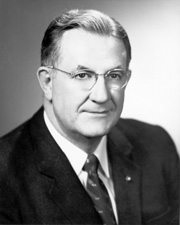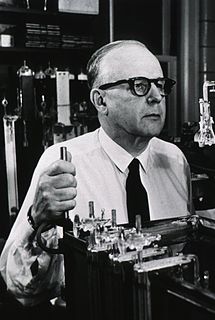A Quote by Scott Gottlieb
By law and institutional culture, FDA seeks to apply a single tool to its approach to regulation - the requirement for pre-market approval. The agency is accustomed to compelling innovators to submit evidence to FDA and seek permission for marketing.
Related Quotes
When the FDA forces an old drug off the market, patients have very little say in the matter. Patients have even less of a say when the FDA chooses not to approve a new drug. Instead, we are supposed to rely on the FDA's judgment and be grateful. But can the FDA really make a choice that is appropriate for everyone? Of course not.
A free culture supports and protects creators and innovators. It does this directly by granting intellectual property rights. But it does so indirectly by limiting the reach of those rights, to guarantee that follow-on creators and innovators remain as free as possible from the control of the past. A free culture is not a culture without property, just as a free market is not a market in which everything is free. The opposite of a free culture is a "permission culture" -- a culture in which creators get to create only with the permission of the powerful, or of creators from the past.
First, it is providing a means whereby key individuals on its payroll are able to obtain both power and wealth through granting special favors to certain politically influential groups that are subject to its regulation. This activity is similar to the 'protection racket' of organized crime: for a price, one can induce FDA administrators to provide 'protection' from the FDA itself.
Food safety oversight is largely, but not exclusively, divided between two agencies, the FDA and the USDA. The USDA mostly oversees meat and poultry; the FDA mostly handles everything else, including pet food and animal feed. Although this division of responsibility means that the FDA is responsible for 80% of the food supply, it only gets 20% of the federal budget for this purpose. In contrast, the USDA gets 80% of the budget for 20% of the foods. This uneven distribution is the result of a little history and a lot of politics.
FDA, which regulates the safety of vegetables, doesn't have those kinds of rules because Congress doesn't want it to. It's not that the vegetables themselves have anything wrong with them; it's that they're contaminated with animal manure. One of the rationales for a single food safety agency is that you can't separate animals from vegetables.
I think every doctor should know the shocking state of affairs...We discovered they (the FDA) failed to effectively regulate the large manufacturers and powerful interests while recklessly persecuting the small manufacturers. ...(The FDA is) harassing (small) manufacturers and doctors...(and) betrays the public trust.
Such letters...from the FDA, are, filled with objectively demonstrable lies, practiced deceptions and deviousness, red herrings, directed misinformation, misdirected information, etc. ...Once FDA-NCI-AMA-ACS...concedes that Laetrile anti-tumor efficacy was indeed even once observed...a permanent crack in bureaucratic armor has taken place.
To speak only of food inspections: the United States currently imports 80% of its seafood, 32% of its fruits and nuts, 13% of its vegetables, and 10% of its meats. In 2007, these foods arrived in 25,000 shipments a day from about 100 countries. The FDA was able to inspect about 1% of these shipments, down from 8% in 1992. In contrast, the USDA is able to inspect 16% of the foods under its purview. By one assessment, the FDA has become so short-staffed that it would take the agency 1,900 years to inspect every foreign plant that exports food to the United States.




